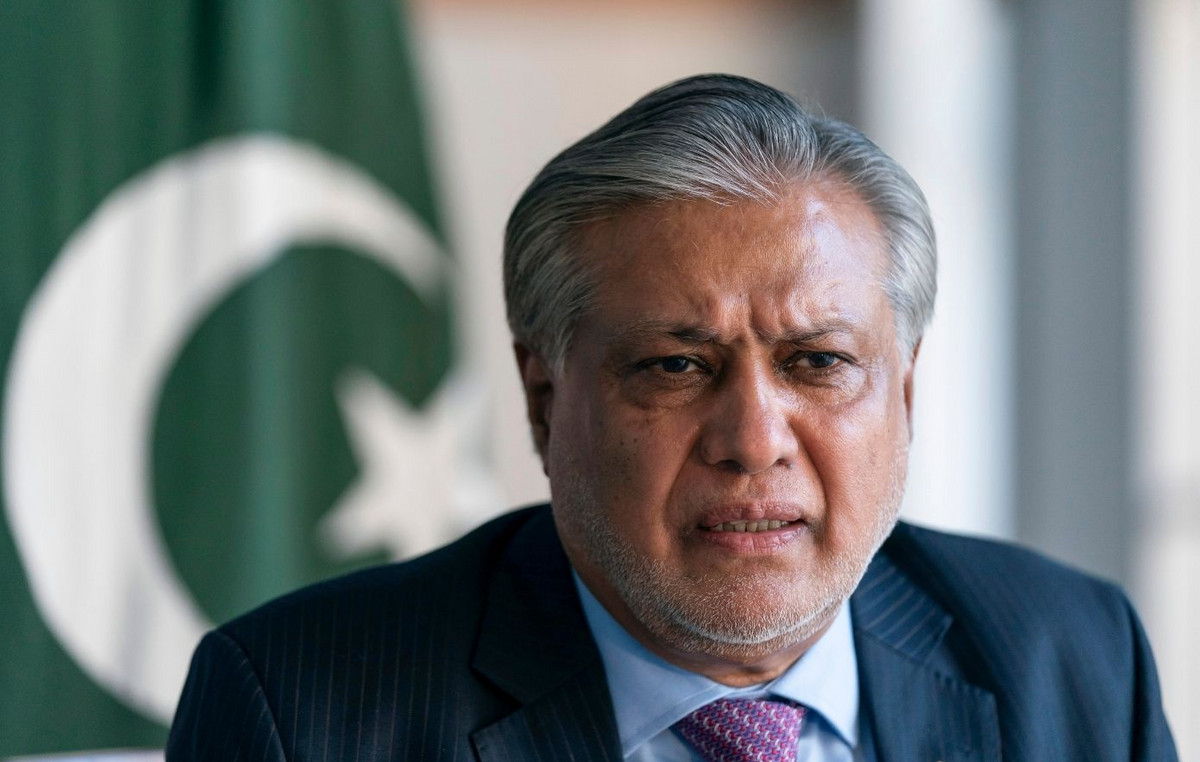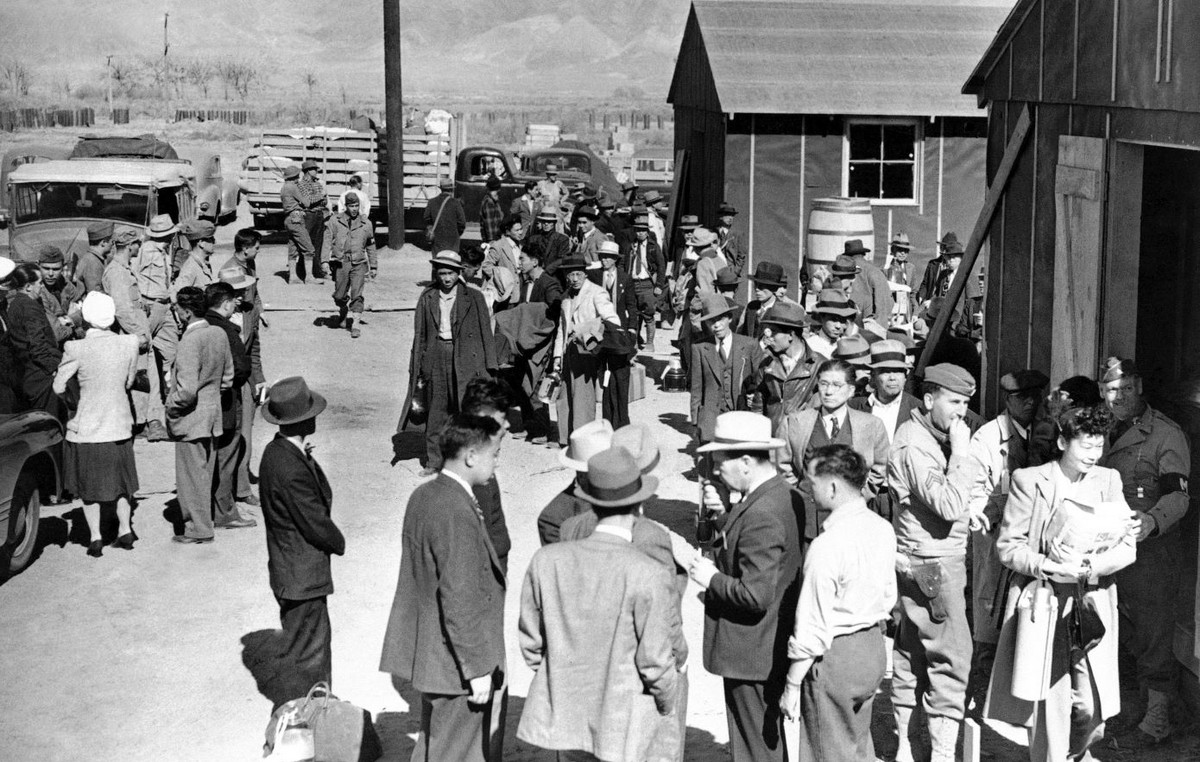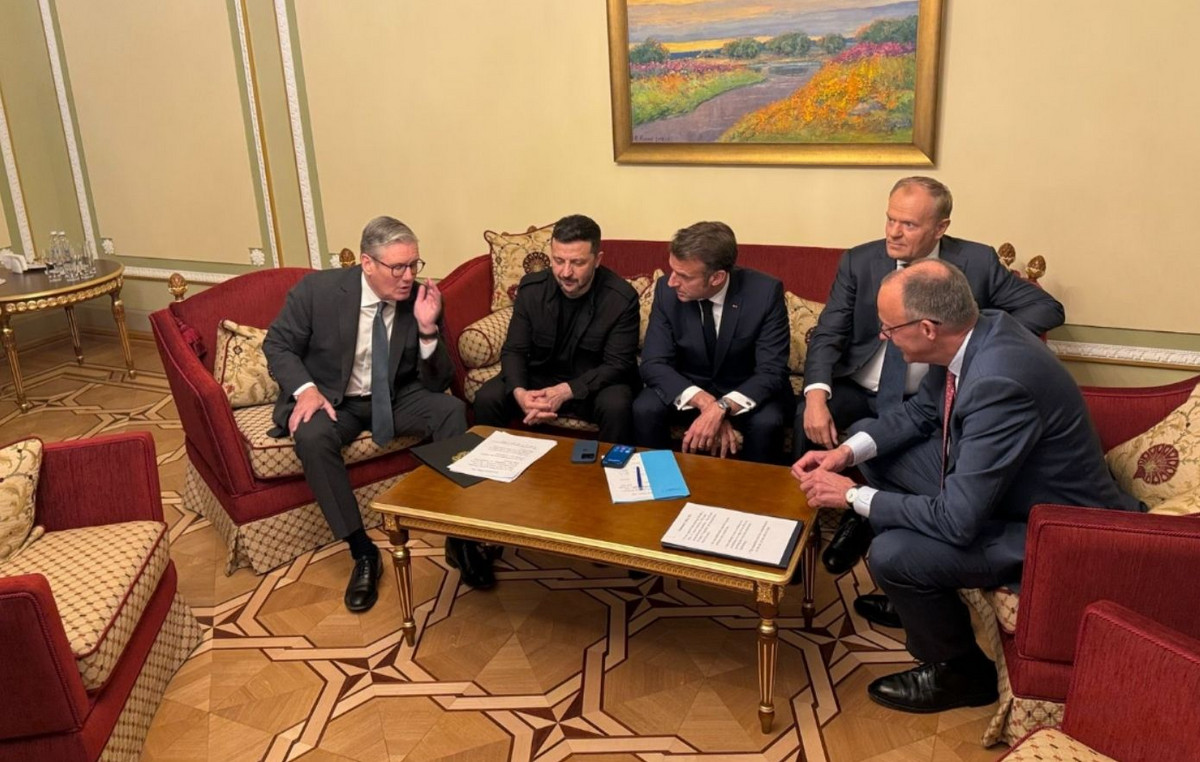In another world, Ukraine would vote this Sunday (31). In a year when billions have the opportunity to vote, the population would give their verdict on Volodymyr Zelensky's presidency.
Five years ago, the man whose talents as an actor, comedian and producer made him a household name in Ukraine was promoted to the role of president. But with Russian forces still inside the country and millions of Ukrainians displaced from their homes, fighting on the front lines or living abroad, there are no elections in sight.
Some US Republicans have tried to make the upcoming end of Zelensky's term in May another reason why military aid should be suspended.
Zelensky himself has said he is open to the idea, but in recent months he has made it clear that it is not something he believes the country can or should do. Although Sunday is the day the Constitution says Ukraine should vote, it also does not allow it to be done in times of war. The alternative would be to suspend martial law during the election period.
On Maidan Square in Kiev on a Friday afternoon, it is cold. The sky is cloudy and there is a hailstorm on the way.
This large open space, through which one of the city's main thoroughfares cuts, was the birthplace of what Ukrainians call the Revolution of Dignity – the uprising ten years ago that toppled the country's pro-Putin leader, Viktor Yanukovych, and changed the Ukraine's focus towards Europe and the United States.
Mykola Lyapin, a 21-year-old student, is smoking before the rain arrives. He would have voted for Zelensky five years ago if he had had the opportunity and would vote for him now. He is not afraid that when the time comes, the president will move on.
“Our people are free and we proved this in 2014, when we were dissatisfied with President Yanukovych. We came here to Maidan, some even lost their lives, but we got what we wanted. It is in our genes to defend our position. If people really believe that Zelensky has been ruling the country for a long time, we will solve the problem, even if the war continues.”
Up the hill, in a bookstore selling Jamie Oliver cookbooks, among other titles, psychologist Kateryna Bilokon, 42, is chatting with a friend in the small cafe at the front of the store. She voted for Zelensky in 2019 and is happy with her performance. She is deterred from supporting an election because of the cost.

“It would be a drain on the state budget; it would be better to redirect funds to arming our military,” she says, adding, “There is no one who can replace Zelensky at this time.”
“It’s not the right time,” says Zelensky
Opinion polls suggest there is little appetite among Ukrainians to vote – just 15% of respondents told the Kiev International Institute of Sociology last month that the country should hold elections.
Last August, President Zelensky was asked about his position in an interview on Ukrainian television and was in favor of holding a vote.
“There is a logic to this. If we defend democracy, then we must think about this defense, even in times of war. Elections are one of those defenses,” he said, while acknowledging that a vote could very well prove a distraction from the main goal of defeating Russia.
For a leader sensitive to accusations of wanting to stay in power, and whose appeal in 2019 resulted, in part, from a promise of greater democratic openness and transparency, ending the election debate is a risk.
Still, in subsequent comments, the president was less equivocal. “Now is not the right time for elections,” he said last November, and his position has not changed since.
Oleksiy Koshel of the Committee of Voters of Ukraine, a pressure group seeking to defend democratic rights, sees a clear political calculation at work. He believes that Zelensky's team initially wanted to hold elections because the president's support was so great. But when his support began to wane at the end of the year, the leadership cooled the idea.

The last few months have been difficult on the battlefield for Ukraine. As the United States Congress continues to dither over new military aid, elections in Ukraine have been included in the debate by some Republicans. Vivek Ramaswamy, who ran for the Republican Party's nomination for president, accused Kiev of “threatening to cancel the elections unless the US coughs up more money.”
South Carolina Senator Lindsey Graham, despite being a strong supporter of aid to Ukraine, also took an unequivocal stance, saying at a news conference in Kiev last year: “I want to see this country have free and fair elections, even when under attack. The American people need to know that Ukraine is different. This was a very corrupt country in the past.”
Surprisingly, on his last visit to Ukraine earlier this month, Graham considerably moderated his position, saying he now shared the consensus position among Ukrainians.
“Everyone I spoke to said that this war needs to be improved before there are elections. That makes sense to me, having been on the ground,” he said.
Ruslan Stefanchuk, Speaker of Ukraine's Parliament, elected with the support of Zelensky's “Server of the People” party, articulates the government's position. Firstly, he told CNN , it would not be possible to guarantee that everyone eligible to vote would have the opportunity to do so. He pointed to the 7 million people believed to have left Ukraine since the start of the full-scale invasion and to the several million who have been internally displaced.
More sensitive, perhaps, are people living in what Ukraine calls temporarily occupied territories. This represents about 20% of the country that is under Russian control.
The impracticalities of facilitating voting are clear, but the prospect of moving forward with a national vote anyway would also be deeply worrying for many.
See also: Images show the destruction of the war between Russia and Ukraine
Source: CNN Brasil
Bruce Belcher is a seasoned author with over 5 years of experience in world news. He writes for online news websites and provides in-depth analysis on the world stock market. Bruce is known for his insightful perspectives and commitment to keeping the public informed.







